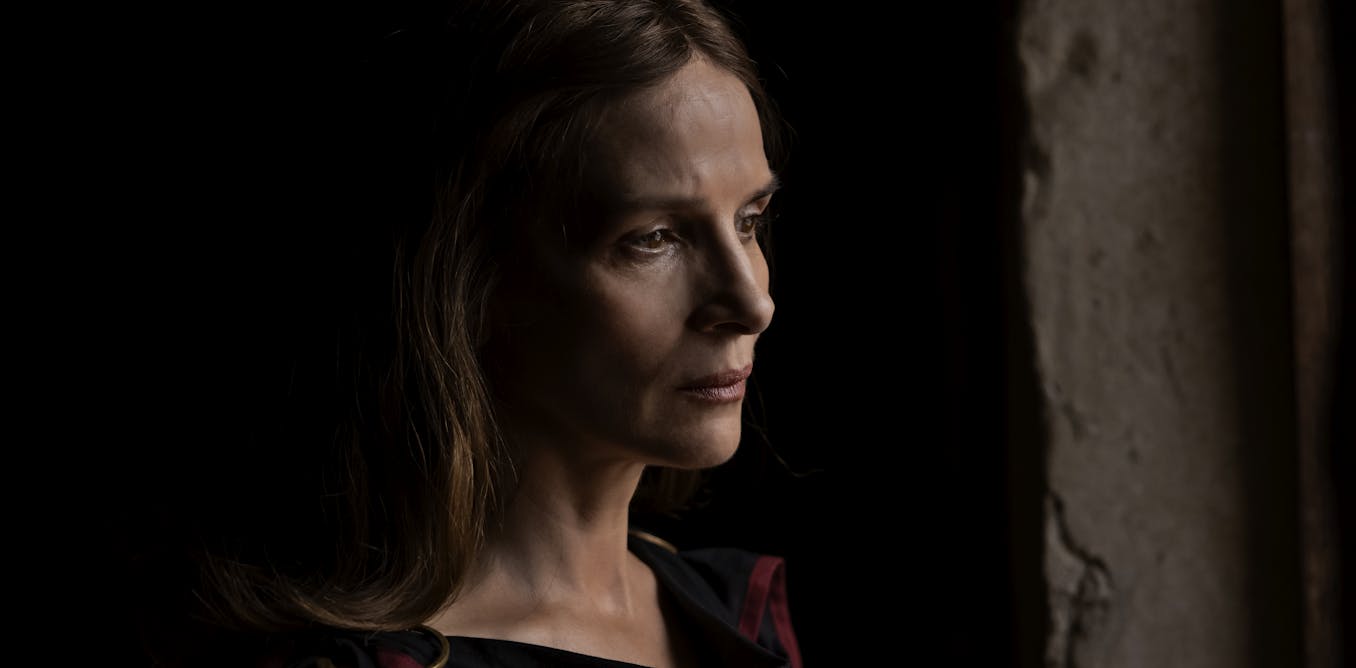Rediscovering the Odyssey: Female Voices Often Overlooked, Finally Heard
Homer's Odyssey has captivated readers for millennia, a timeless tale of heroism, perseverance, and homecoming. But for centuries, a crucial element of this epic poem has been largely overlooked: the powerful, often tragic, and always complex roles of its female characters. This article explores the rediscovery of these voices, highlighting their significance and challenging traditional interpretations of the epic.
Beyond Penelope: A Deeper Dive into Female Agency
While Penelope, Odysseus's faithful wife, has always garnered attention, recent scholarship sheds new light on her agency and resilience. She's more than just a symbol of patient waiting; she actively resists suitors, cleverly delaying her decision, and demonstrating a shrewd intelligence often underestimated. Her weaving and unweaving, a symbol of her delaying tactics, becomes a potent metaphor for the challenges women faced in exercising control over their own destinies.
-
Calypso and Circe: More Than Temptresses: These goddesses, often portrayed as seductive obstacles in Odysseus's journey, are increasingly viewed as complex characters with their own motivations and agency. Calypso's imprisonment of Odysseus, for example, can be interpreted not as a simple act of selfish desire, but as a reflection of her own loneliness and power dynamics in a patriarchal world. Similarly, Circe's transformations aren't simply acts of malice; they force Odysseus to confront his own mortality and vulnerability.
-
Nausicaa: A Princess's Unexpected Kindness: The encounter between Odysseus and Nausicaa, the Phaeacian princess, offers a poignant moment of unexpected kindness and generosity. Nausicaa's compassion and her role in helping Odysseus regain his dignity showcase the importance of female solidarity and support in a dangerous and unpredictable world.
-
The Mothers and Daughters: Unsung Heroines: The Odyssey also features a multitude of supporting female characters – mothers, daughters, wives, and sisters – whose stories, though less prominent, collectively paint a compelling picture of the diverse experiences of women in ancient Greece. Their strength, resilience, and resourcefulness often go unnoticed, but their contributions to the narrative are essential.
Challenging Traditional Interpretations
Traditional interpretations of the Odyssey often prioritize the male hero's journey, relegating women to supporting or stereotypical roles. However, a closer examination reveals the crucial contributions of female characters to the epic's narrative structure and thematic depth. Their actions, motivations, and struggles challenge the very notion of a solely male-centric heroic narrative.
Modern Scholarship and the Feminist Lens
Recent feminist scholarship has been instrumental in re-examining the roles of women in the Odyssey, offering fresh perspectives and interpretations that challenge traditional readings. This renewed focus not only enriches our understanding of the epic but also illuminates the broader social and political context of ancient Greece. These analyses are vital in prompting a more nuanced and inclusive understanding of classical literature.
Conclusion: A Richer, More Complete Understanding
By rediscovering the voices of these powerful female characters, we gain a richer, more complete understanding of the Odyssey. Their stories, often relegated to the margins, offer valuable insights into the complexities of power, agency, resilience, and the human condition. This re-examination forces us to challenge our assumptions about ancient literature and appreciate the enduring strength and agency of women throughout history. Let's continue to explore and celebrate these often-overlooked narratives, fostering a more inclusive and nuanced understanding of classical literature for future generations.
Further Reading:
- [Link to a relevant academic article on female characters in the Odyssey]
- [Link to a reputable website discussing classical literature]
Call to Action: What are your thoughts on the portrayal of women in the Odyssey? Share your interpretations and perspectives in the comments below!

